
Kate Baggaley
Reporter, Life Sciences and Physical Sciences
Kate Baggaley, based in northern New Jersey, covers Life Sciences and Physical Sciences for The Academic Times. Prior to that, Kate was a freelance reporter whose work appeared in Popular Science, NBC News MACH and other publications. She has a master’s degree from New York University’s Science, Health, and Environmental Reporting Program and a degree in biology from Vassar College.
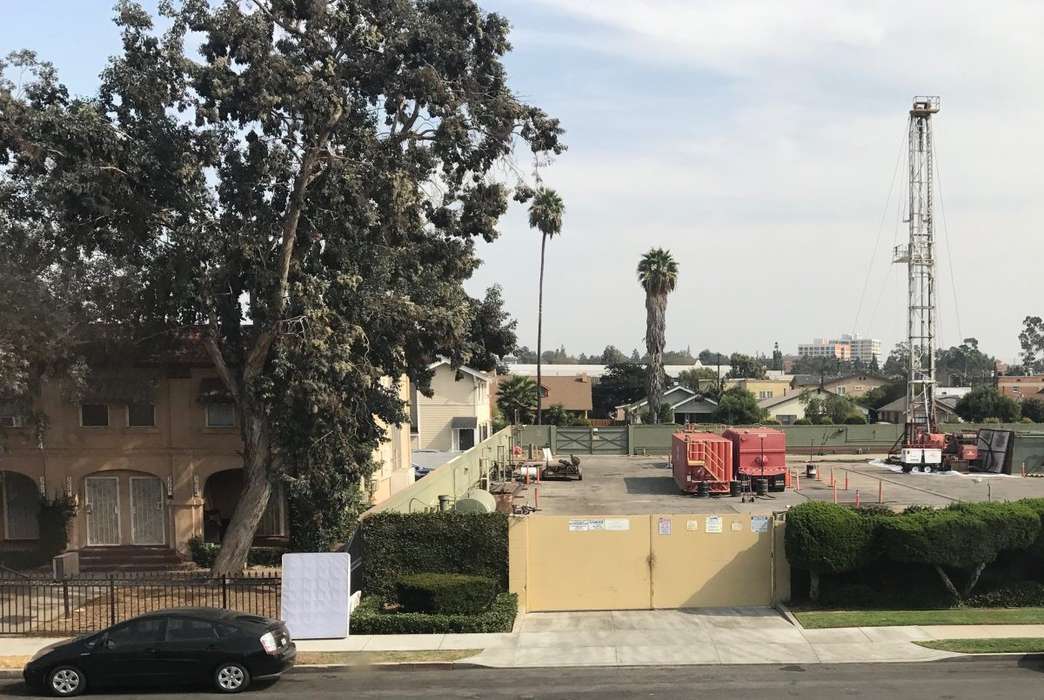
 People who live near active or dormant oil wells have poorer lung function than those whose homes are farther away, according to a study of two predominantly low-income Black and Latinx neighborhoods in South Los Angeles.
People who live near active or dormant oil wells have poorer lung function than those whose homes are farther away, according to a study of two predominantly low-income Black and Latinx neighborhoods in South Los Angeles.
 Houston and other cities in the populous southeastern part of the Lone Star State are likely to face worsened flooding later this century due to the combined impacts of sea level rise and a gradual sinking of the land, scientists have reported.
Houston and other cities in the populous southeastern part of the Lone Star State are likely to face worsened flooding later this century due to the combined impacts of sea level rise and a gradual sinking of the land, scientists have reported.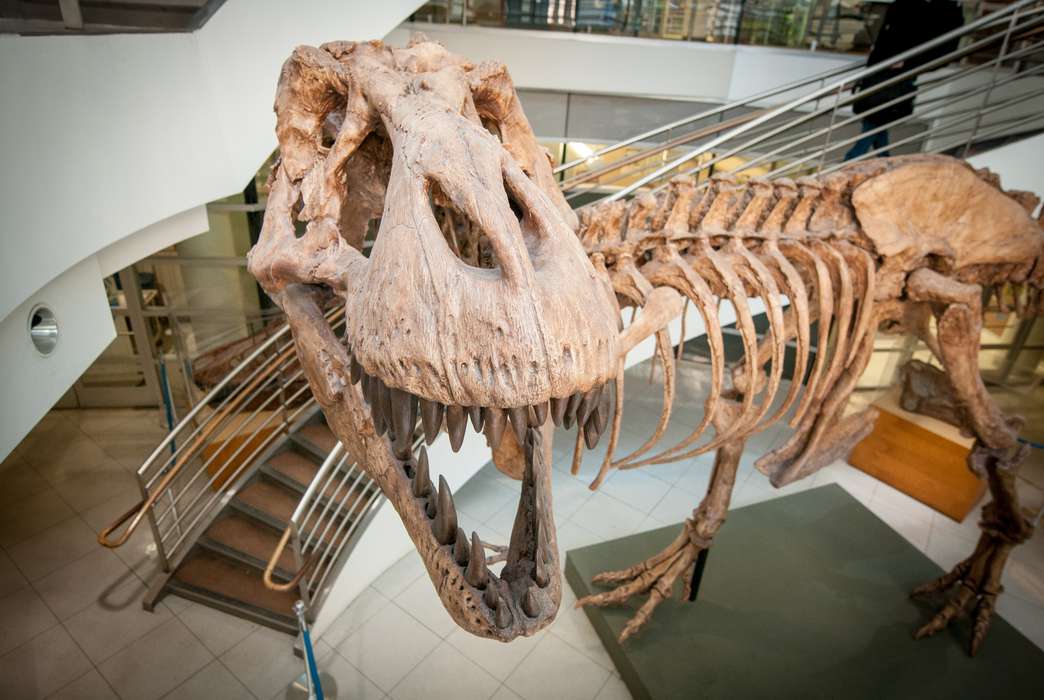
 During its reign of more than 2 million years, Tyrannosaurus rex persisted for more than 125,000 generations and ultimately spawned roughly 2.5 billion tyrant lizards, scientists reported this week.
During its reign of more than 2 million years, Tyrannosaurus rex persisted for more than 125,000 generations and ultimately spawned roughly 2.5 billion tyrant lizards, scientists reported this week.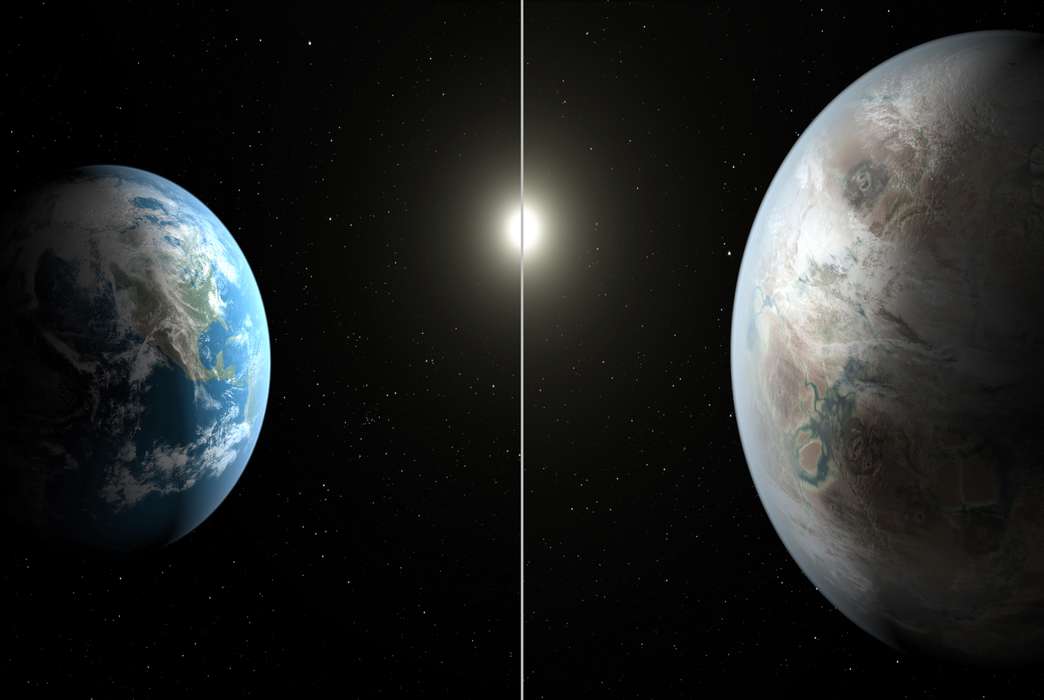
 Scientists have separated out a trio of key processes to understand how each one keeps heat moving and shapes the atmospheres of tidally locked planets, which have permanent day and night sides.
Scientists have separated out a trio of key processes to understand how each one keeps heat moving and shapes the atmospheres of tidally locked planets, which have permanent day and night sides.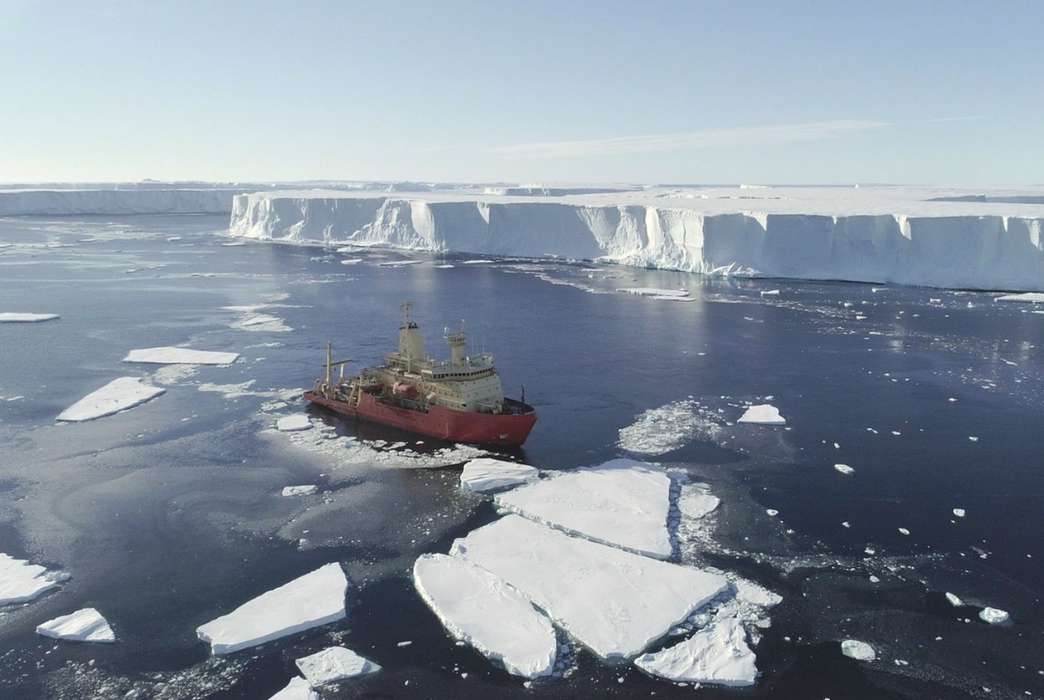
 For the first time, scientists have visited the northwestern face of the vast Thwaites Ice Shelf, in Antarctica, and discovered that it is inundated with warm water from multiple directions, which could speed its melting.
For the first time, scientists have visited the northwestern face of the vast Thwaites Ice Shelf, in Antarctica, and discovered that it is inundated with warm water from multiple directions, which could speed its melting.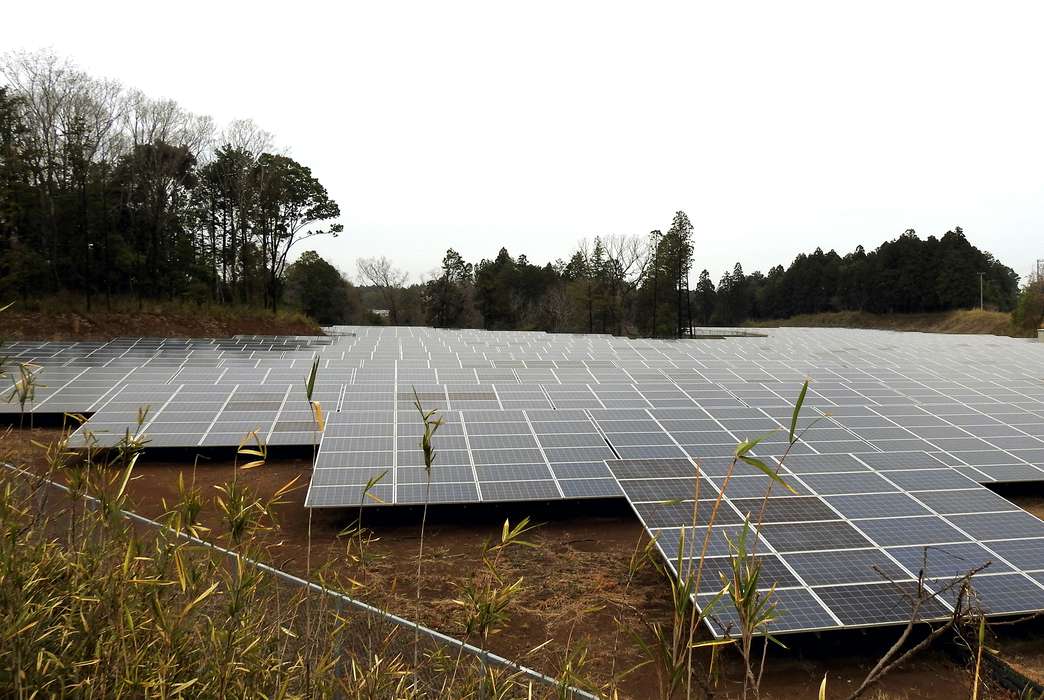
 Solar power facilities in Japan and South Korea can destroy substantial amounts of wildlife habitats, but building future plants in urban areas could mitigate the damage, scientists have reported.
Solar power facilities in Japan and South Korea can destroy substantial amounts of wildlife habitats, but building future plants in urban areas could mitigate the damage, scientists have reported.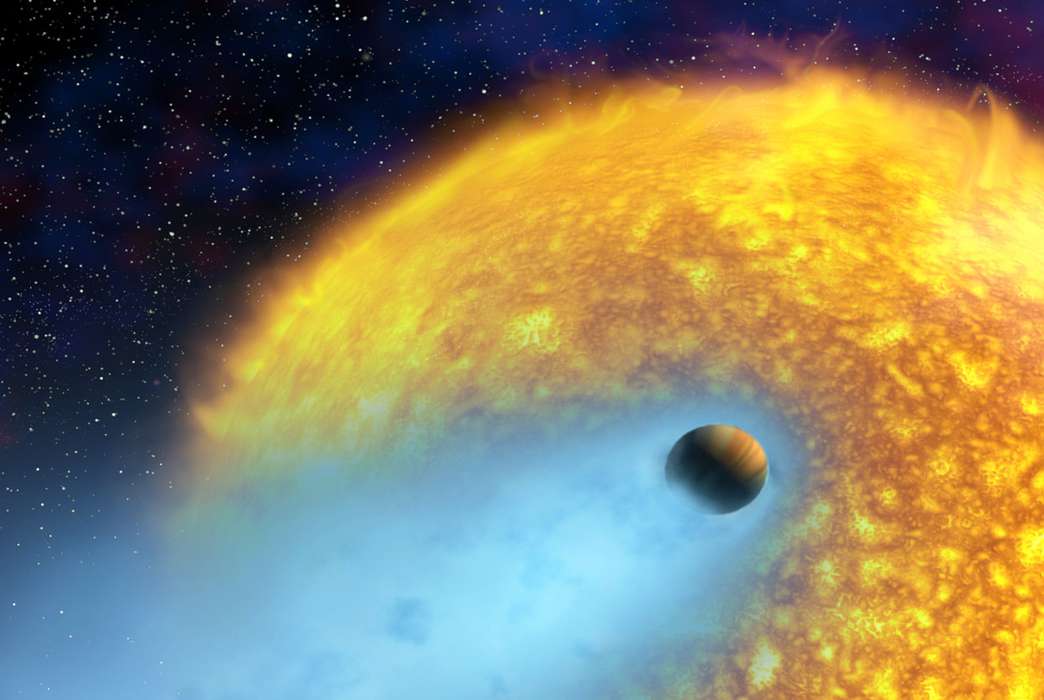
 Scientists have observed an array of molecules in the atmosphere of a well-known "hot Jupiter" that indicate the exoplanet formed much farther from its sun than previously thought.
Scientists have observed an array of molecules in the atmosphere of a well-known "hot Jupiter" that indicate the exoplanet formed much farther from its sun than previously thought.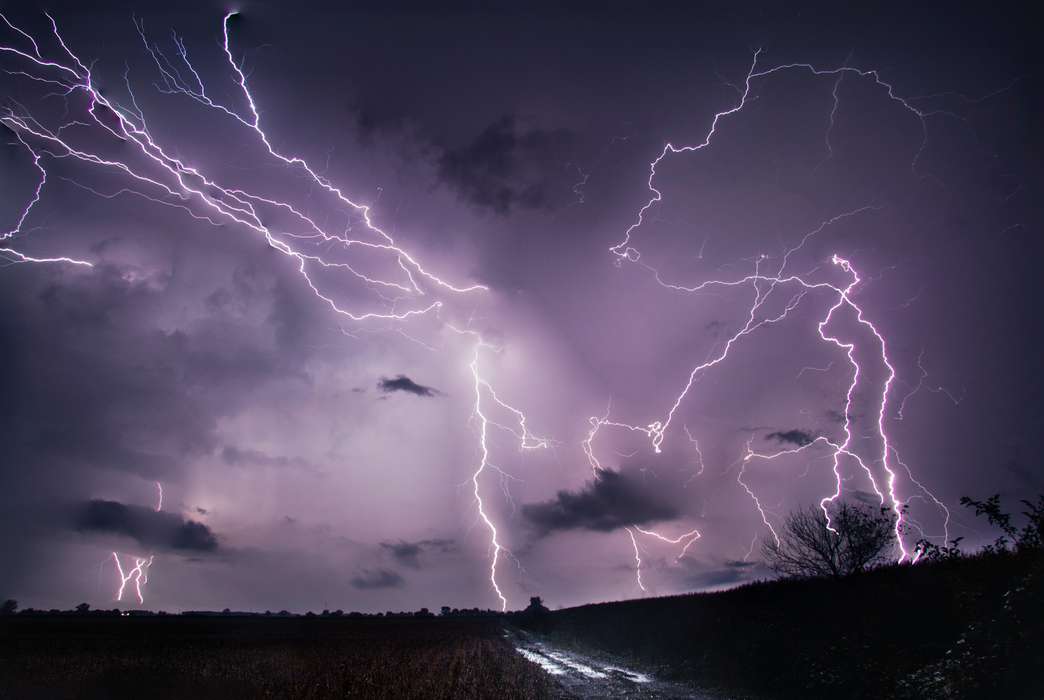
 Summer lightning strikes across the Arctic could more than double by the end of the century, potentially altering the vegetation and soil in ways that further exacerbate the impacts of climate change.
Summer lightning strikes across the Arctic could more than double by the end of the century, potentially altering the vegetation and soil in ways that further exacerbate the impacts of climate change.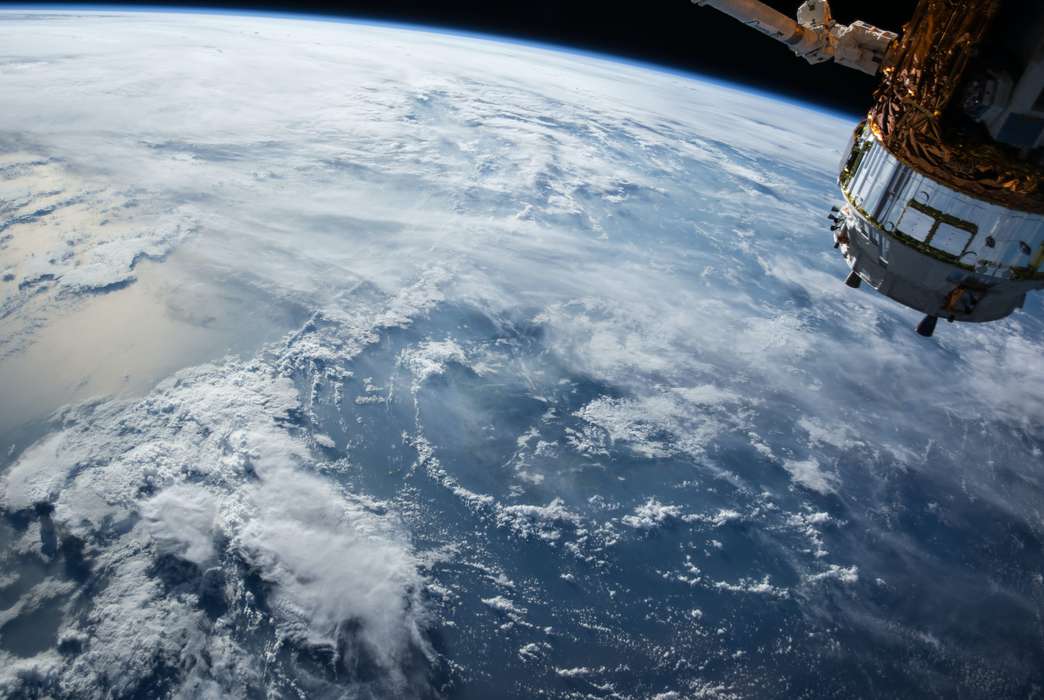
 Researchers are seeking a patent for a technique that would estimate the relative locations of satellites beyond low Earth orbit with unprecedented accuracy, which could allow spacecraft to navigate autonomously at high altitudes.
Researchers are seeking a patent for a technique that would estimate the relative locations of satellites beyond low Earth orbit with unprecedented accuracy, which could allow spacecraft to navigate autonomously at high altitudes.Scientists have discovered acoustic evidence of a small but unexpected trove of small fish and zooplankton hundreds of meters below the surface of the icy Central Arctic Ocean, an area that will become more exposed due to climate change in the coming decades.
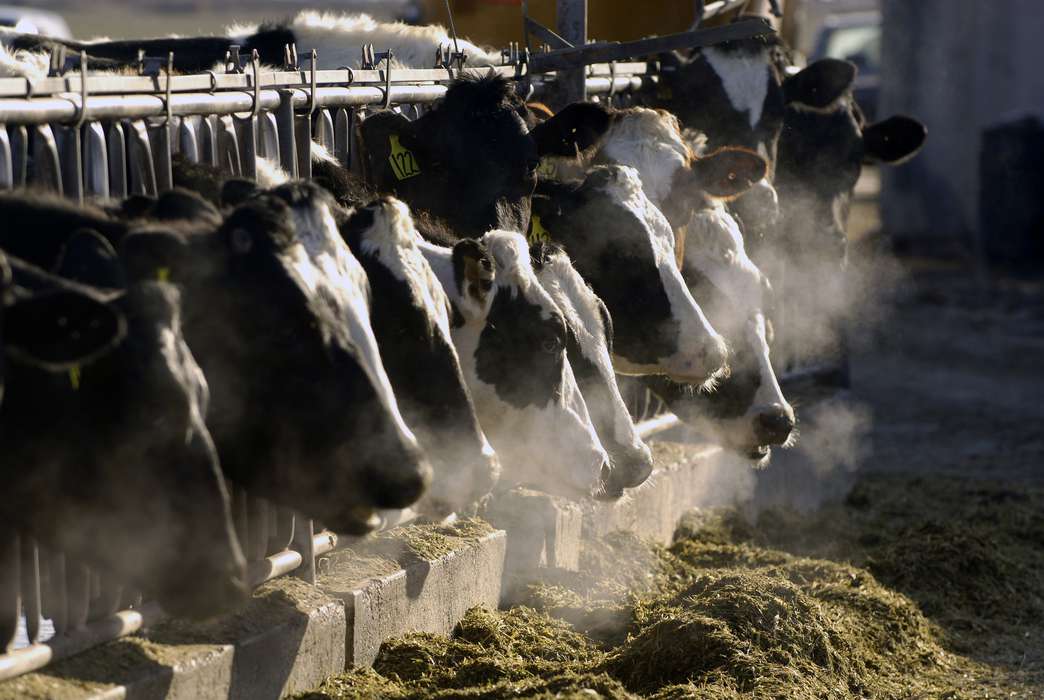
 Scientists used lasers to measure methane emissions from cows more precisely over large areas than previously possible, which could lead to better estimates of how much greenhouse gas livestock produce.
Scientists used lasers to measure methane emissions from cows more precisely over large areas than previously possible, which could lead to better estimates of how much greenhouse gas livestock produce.